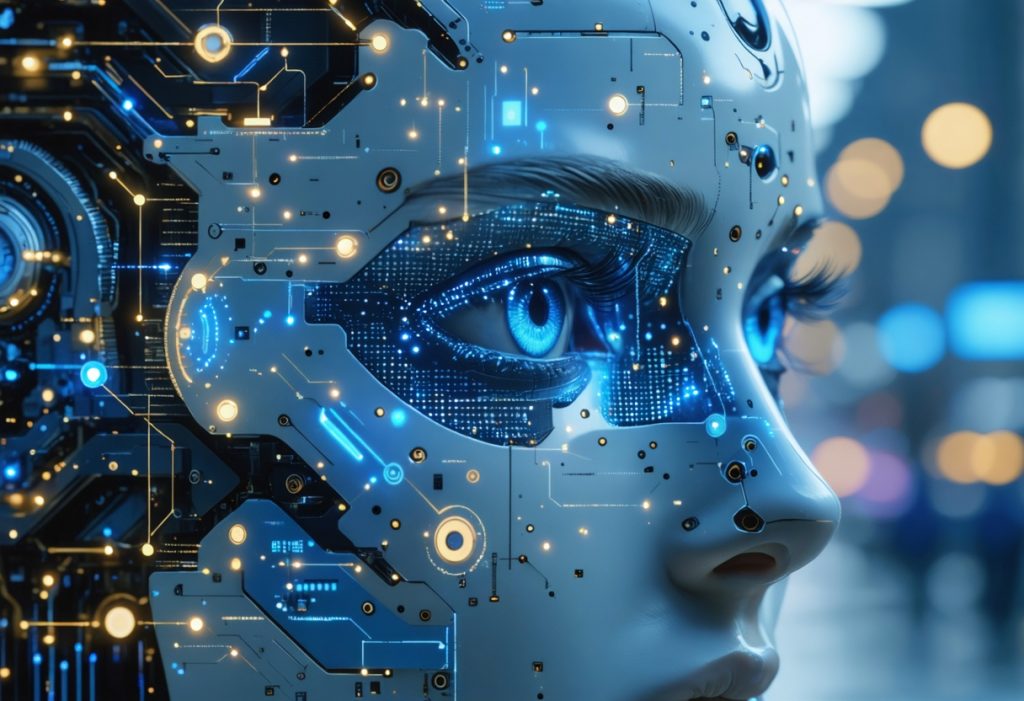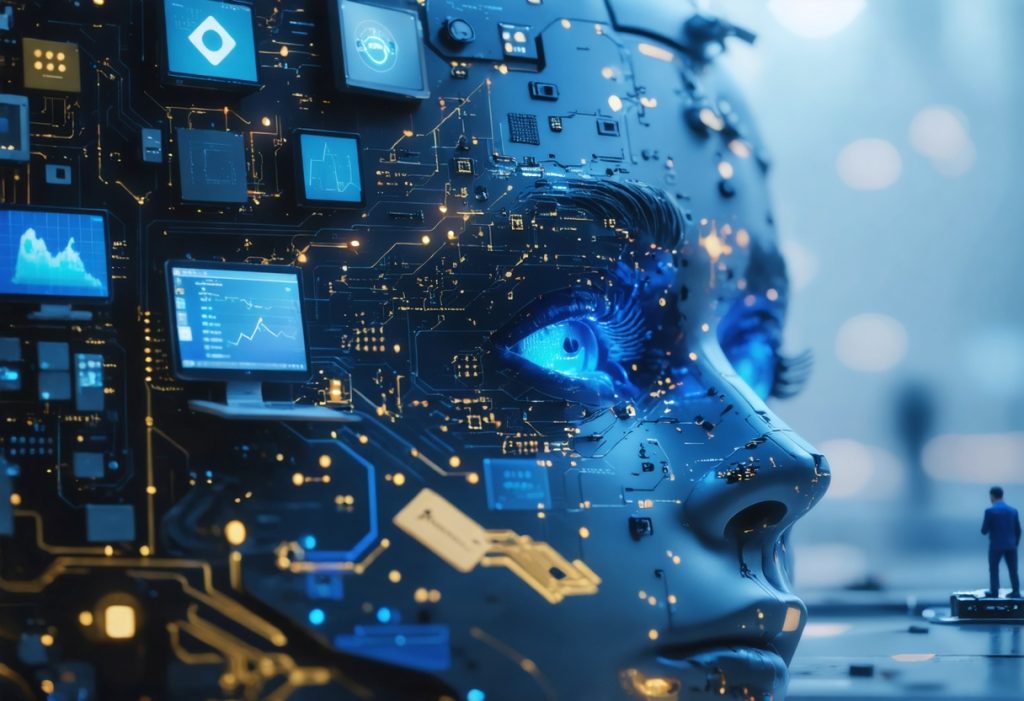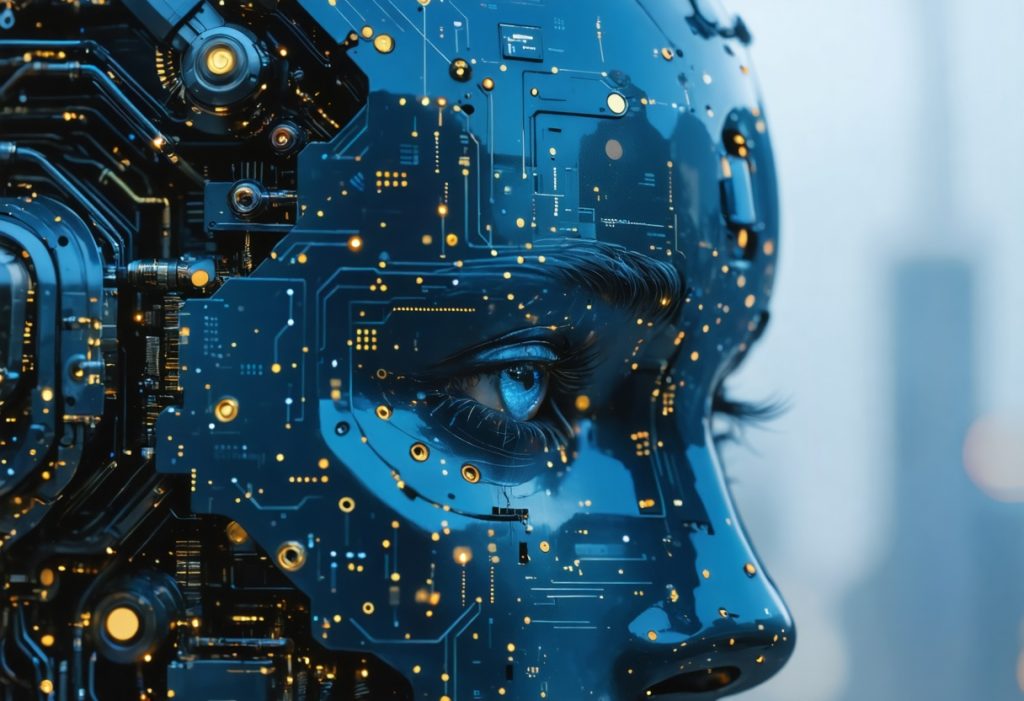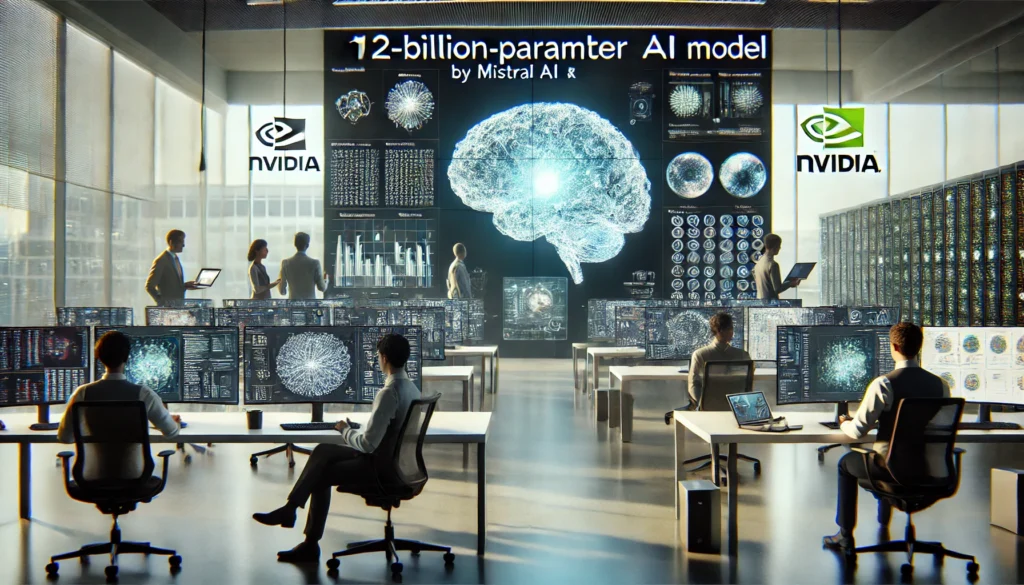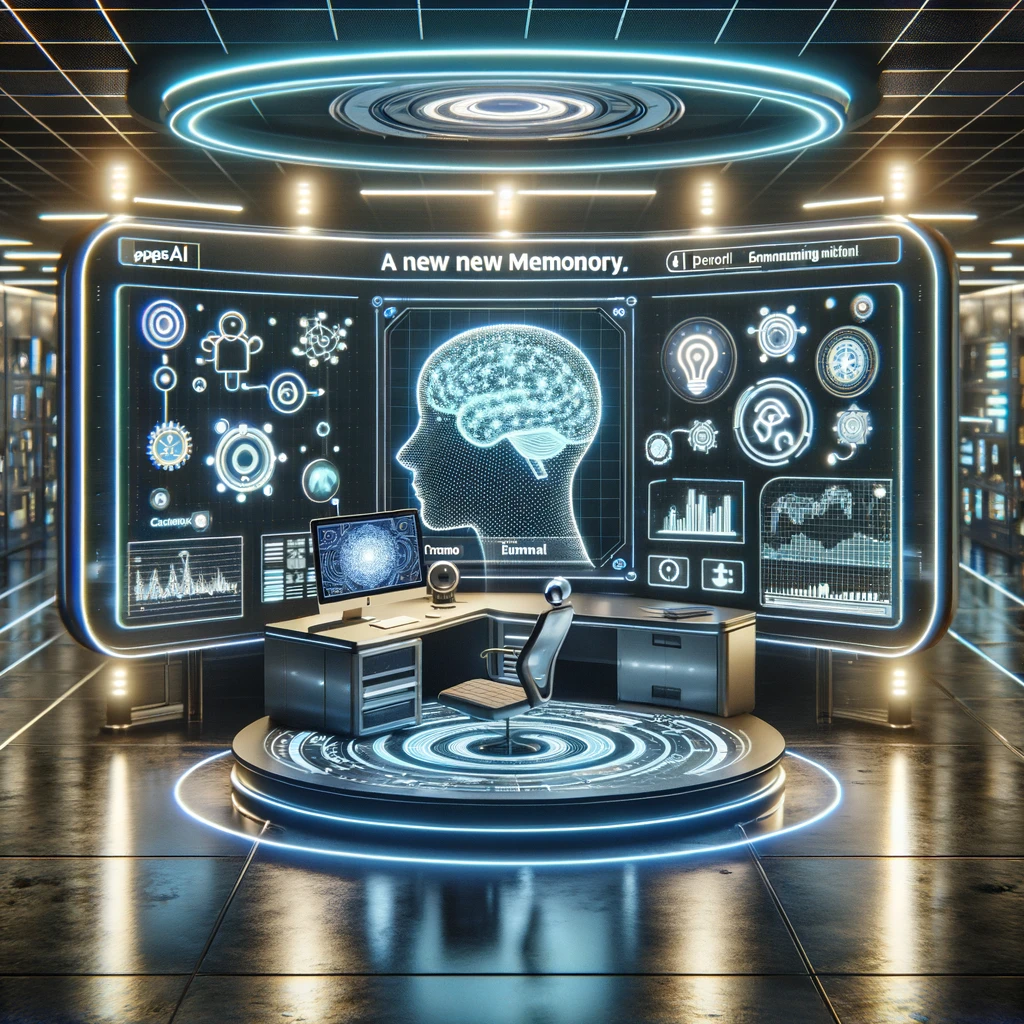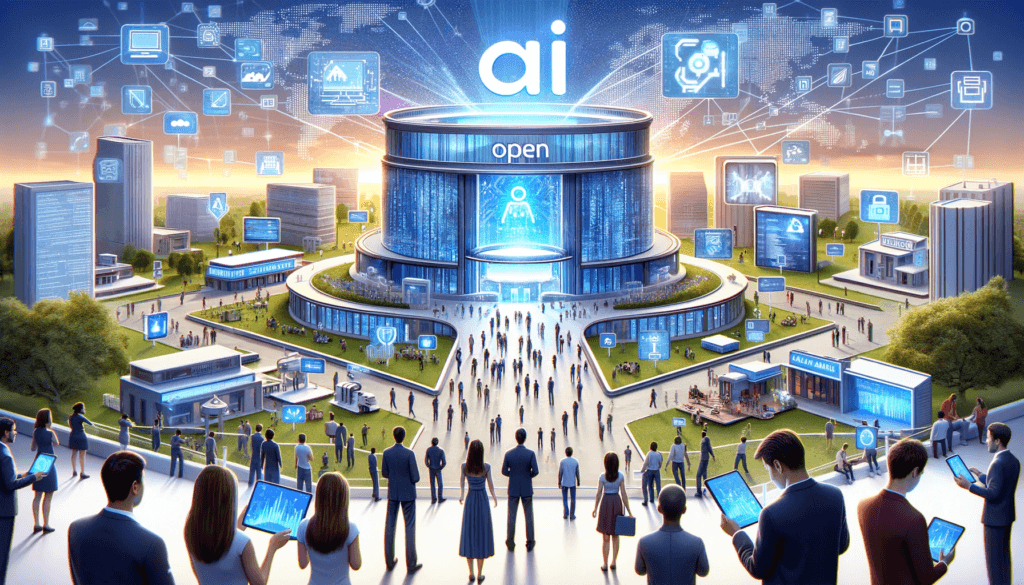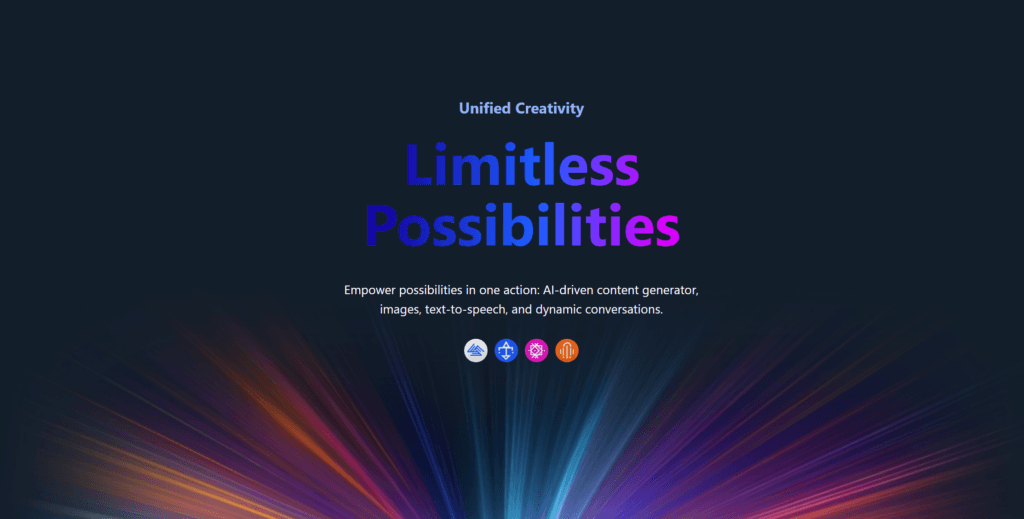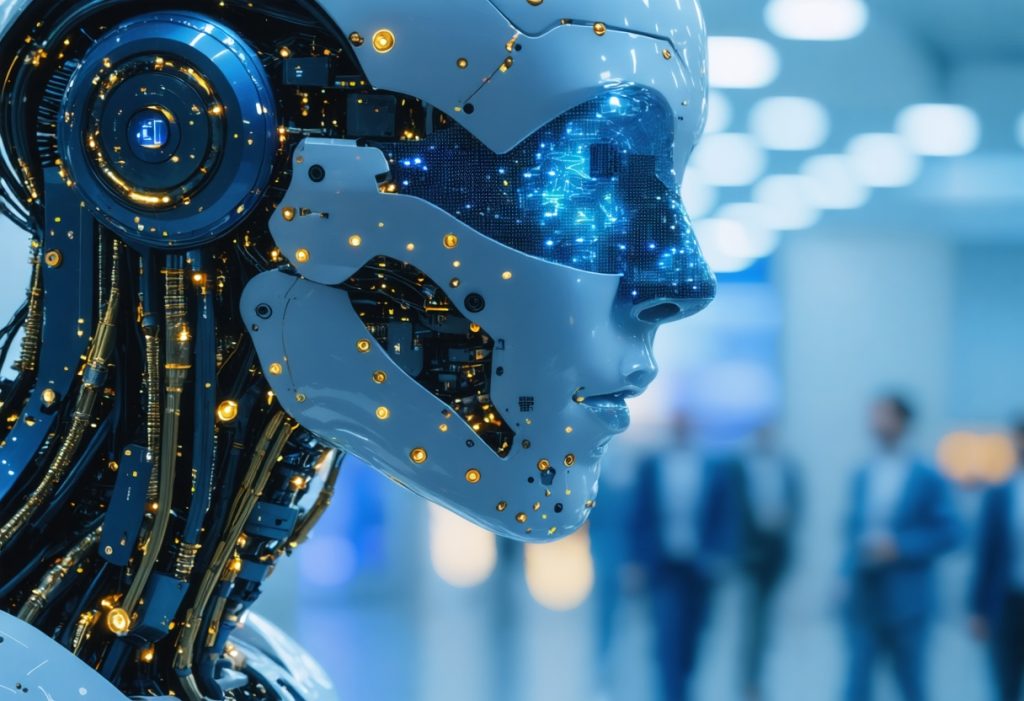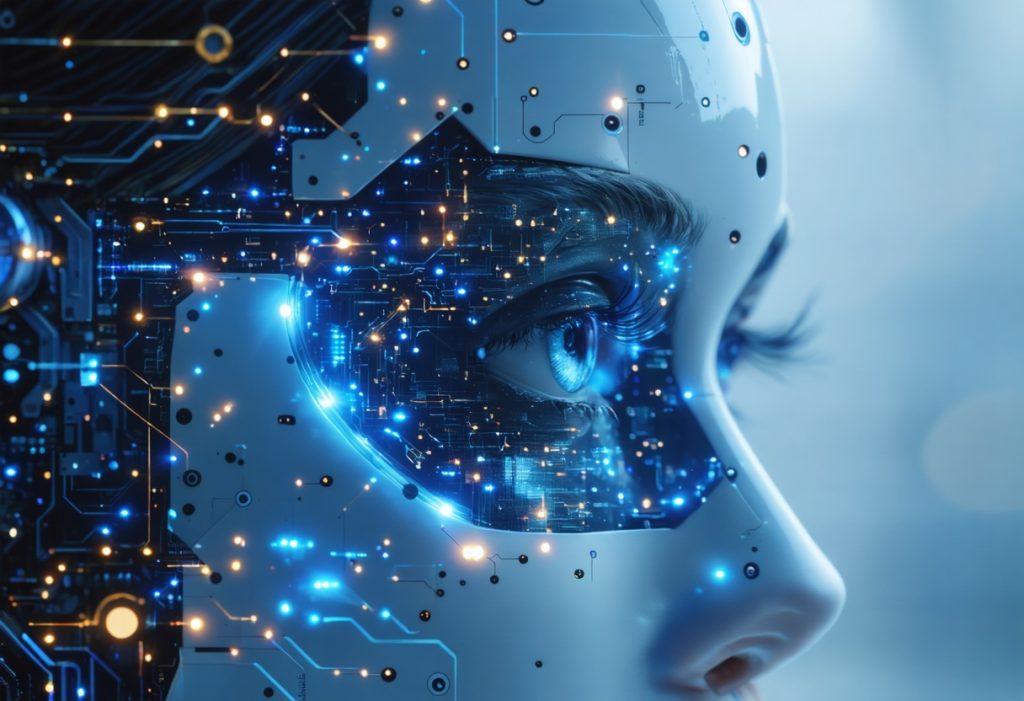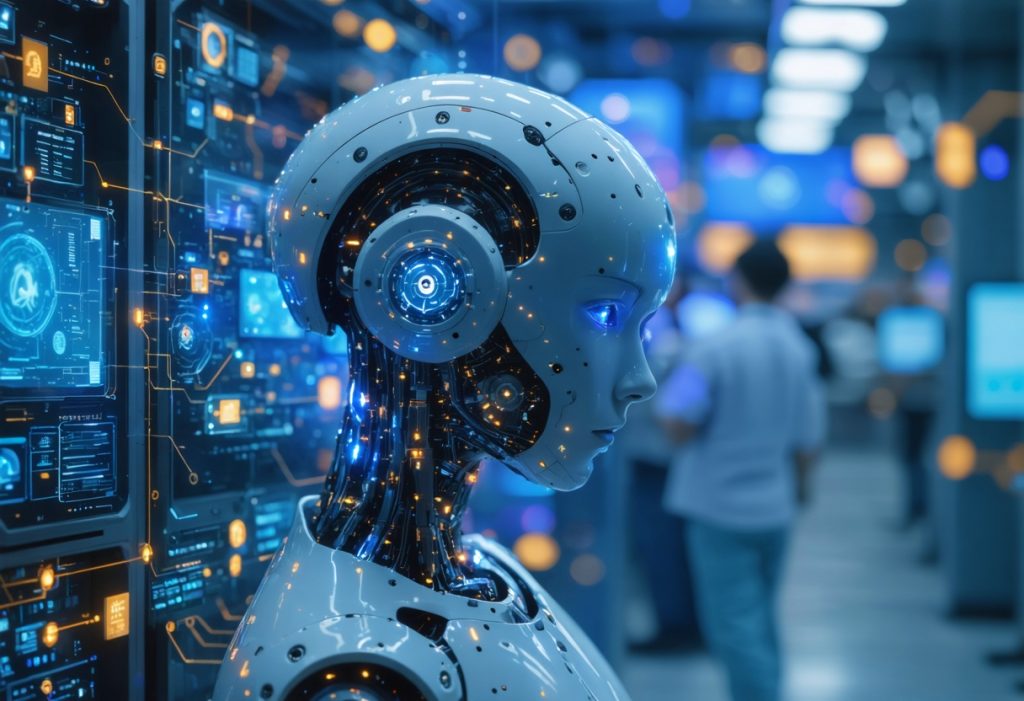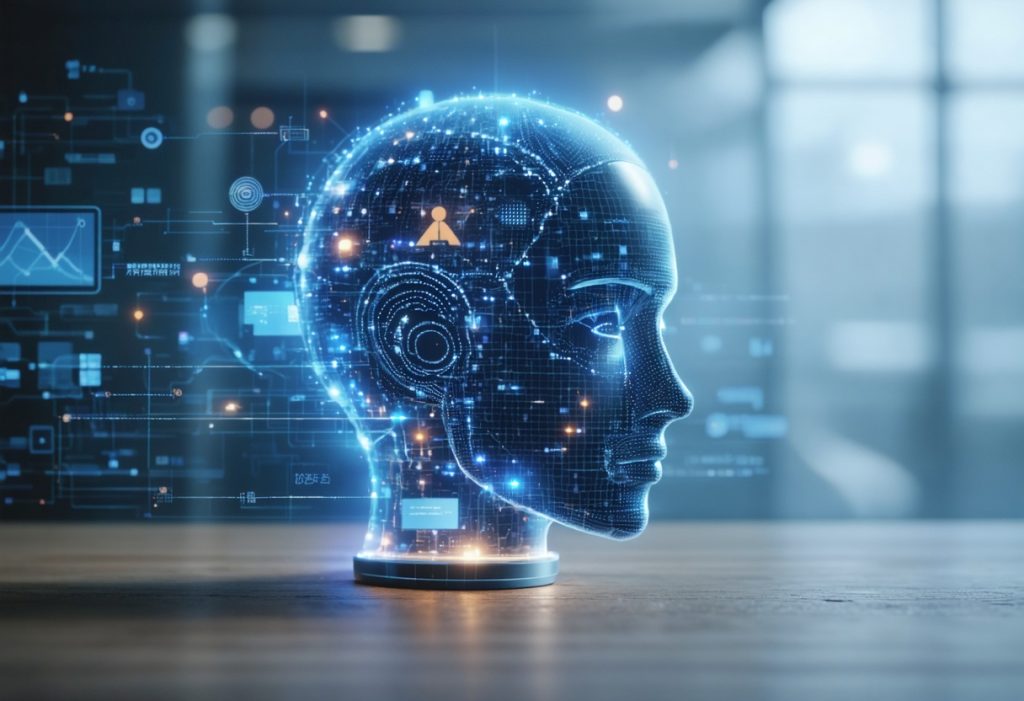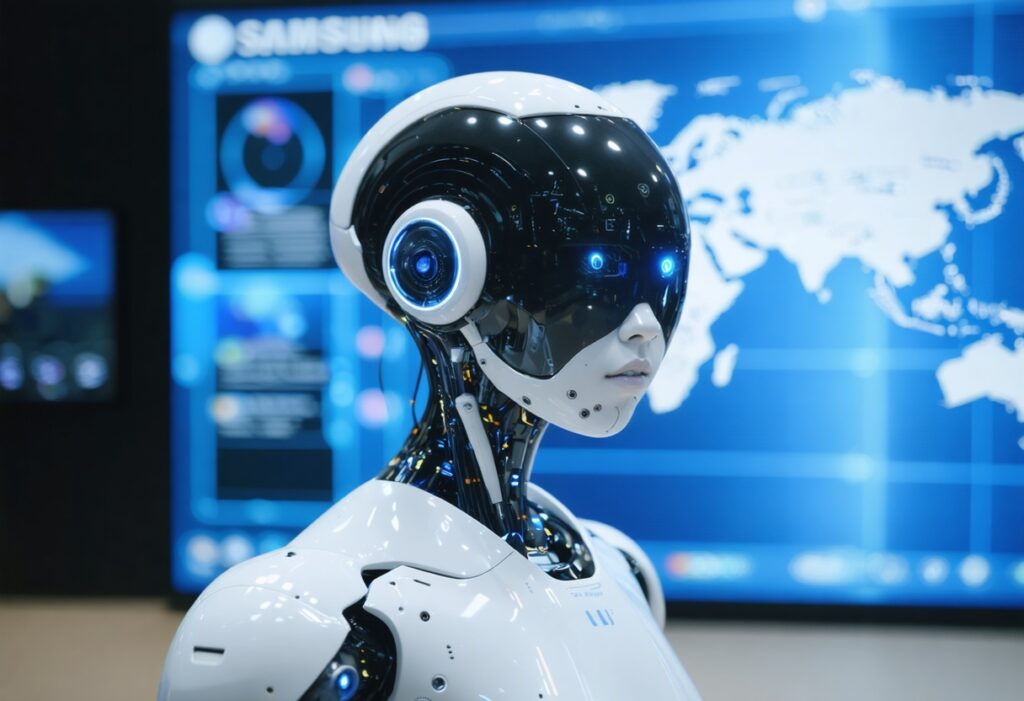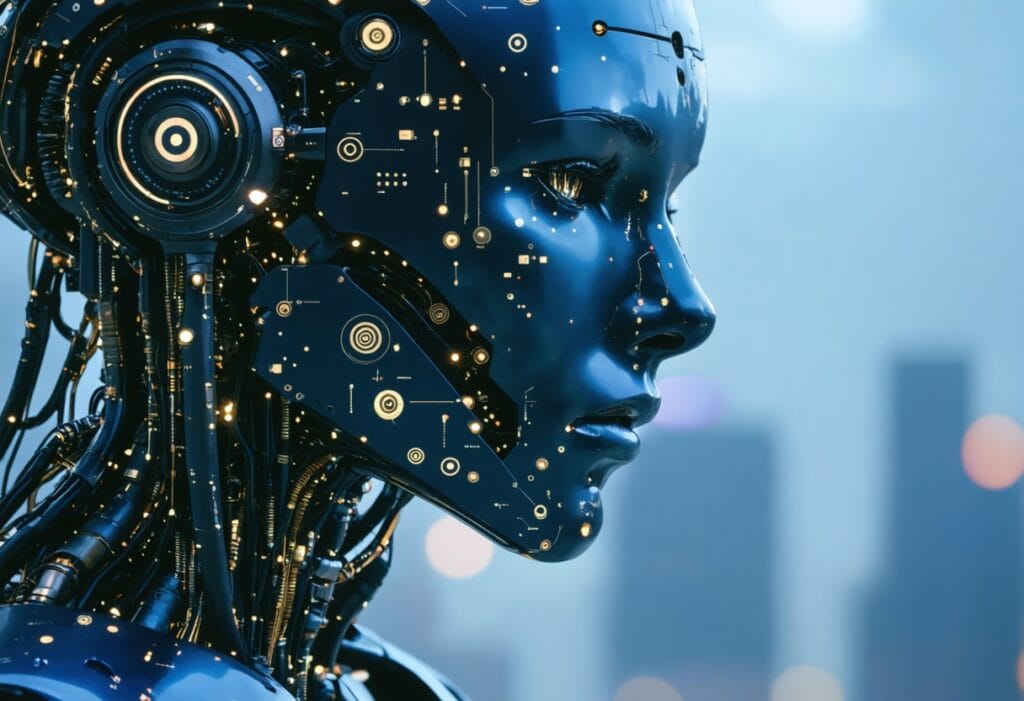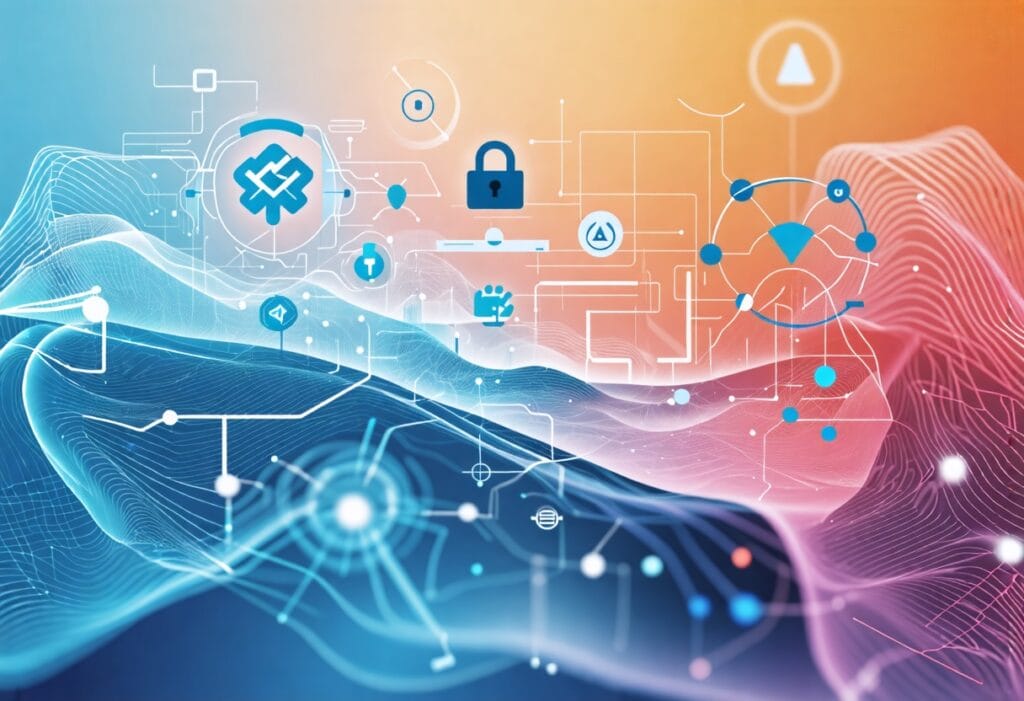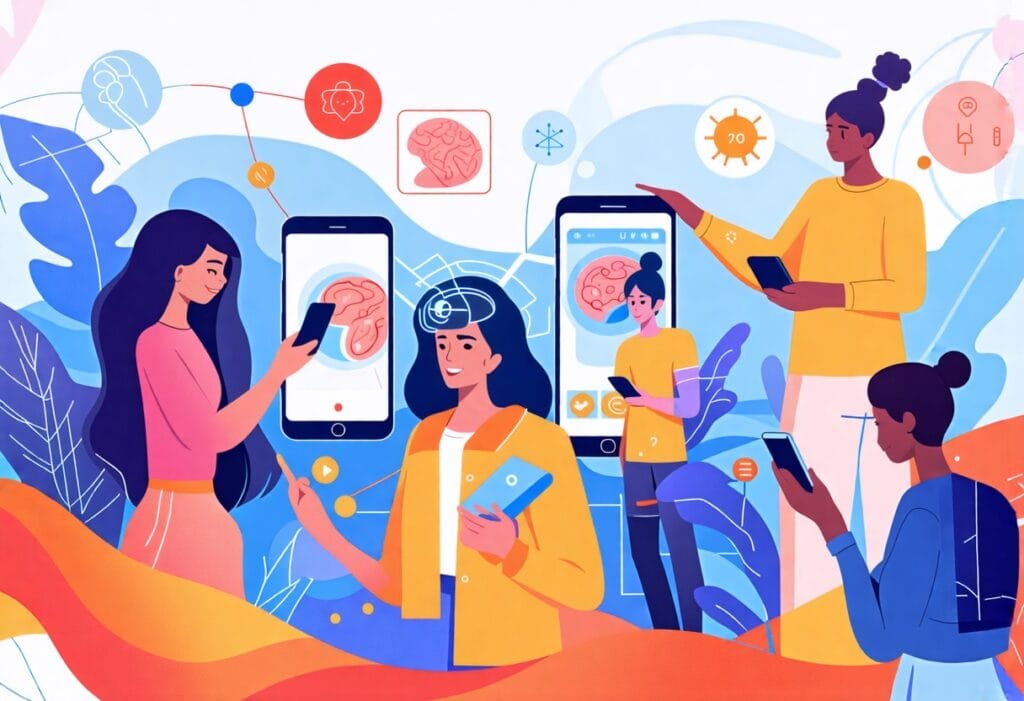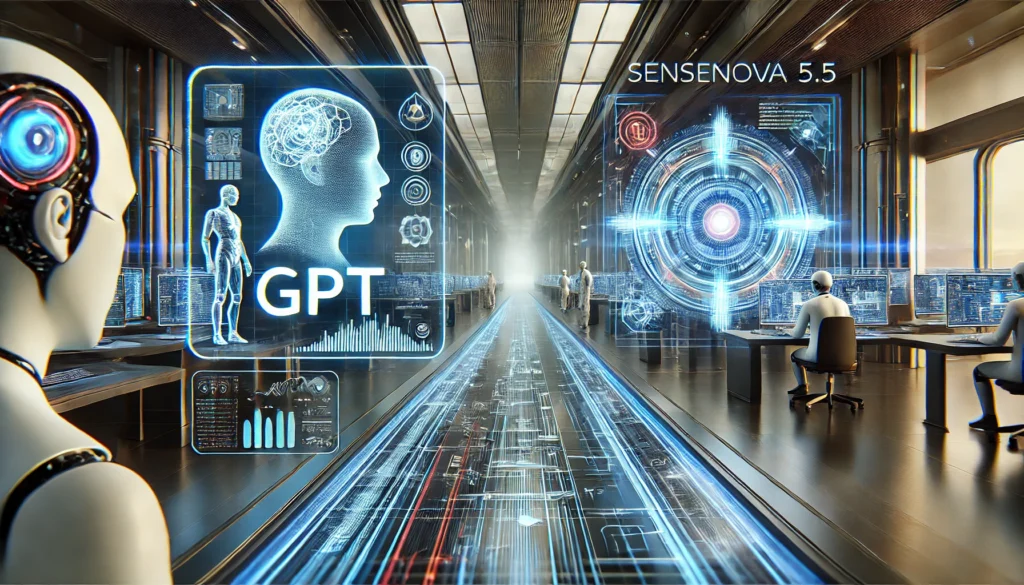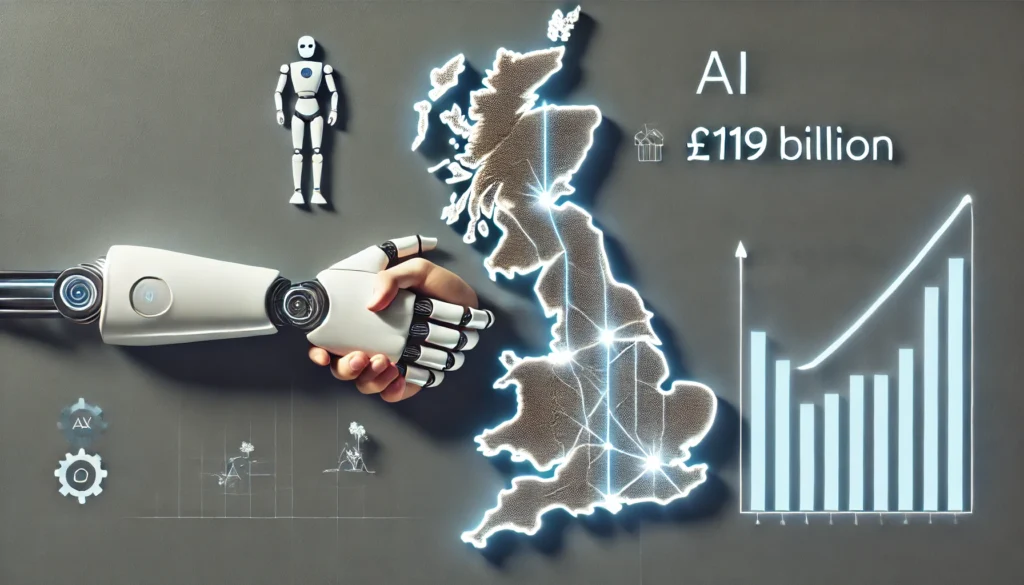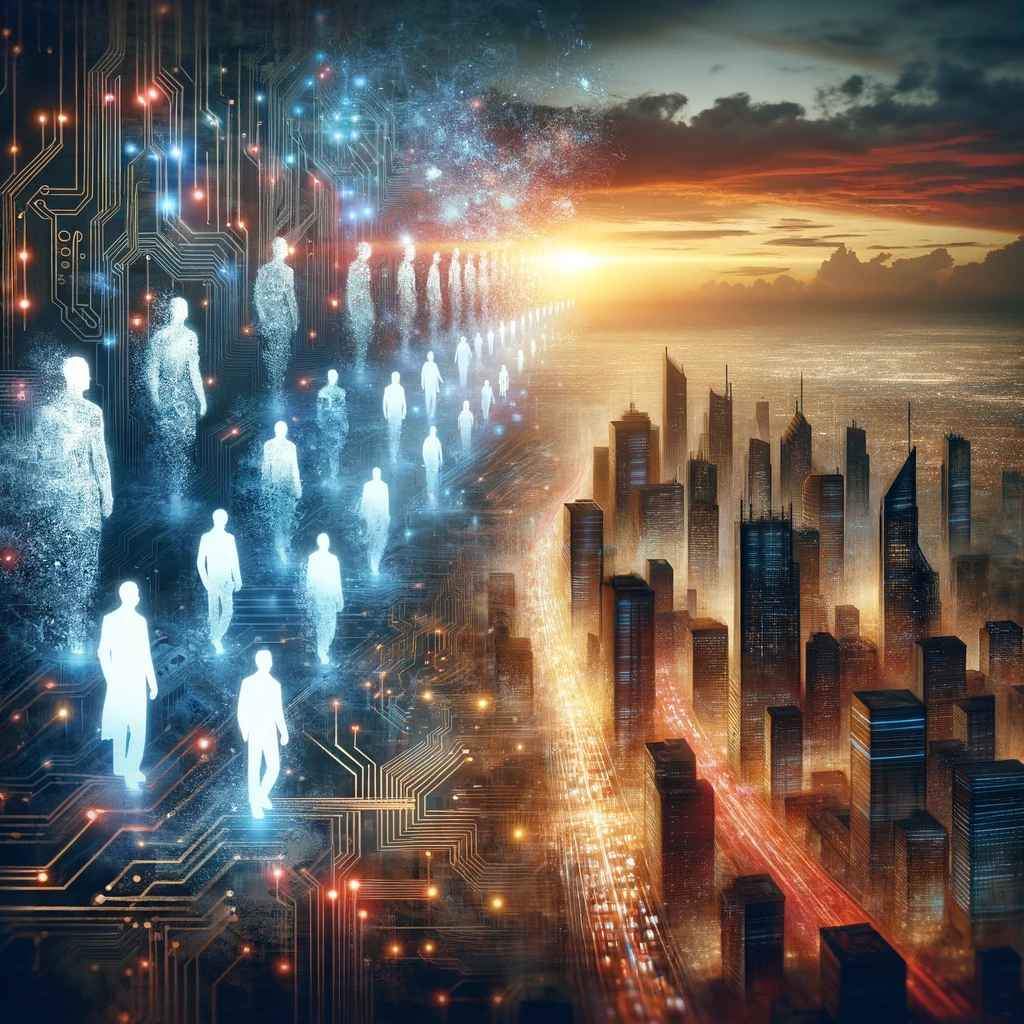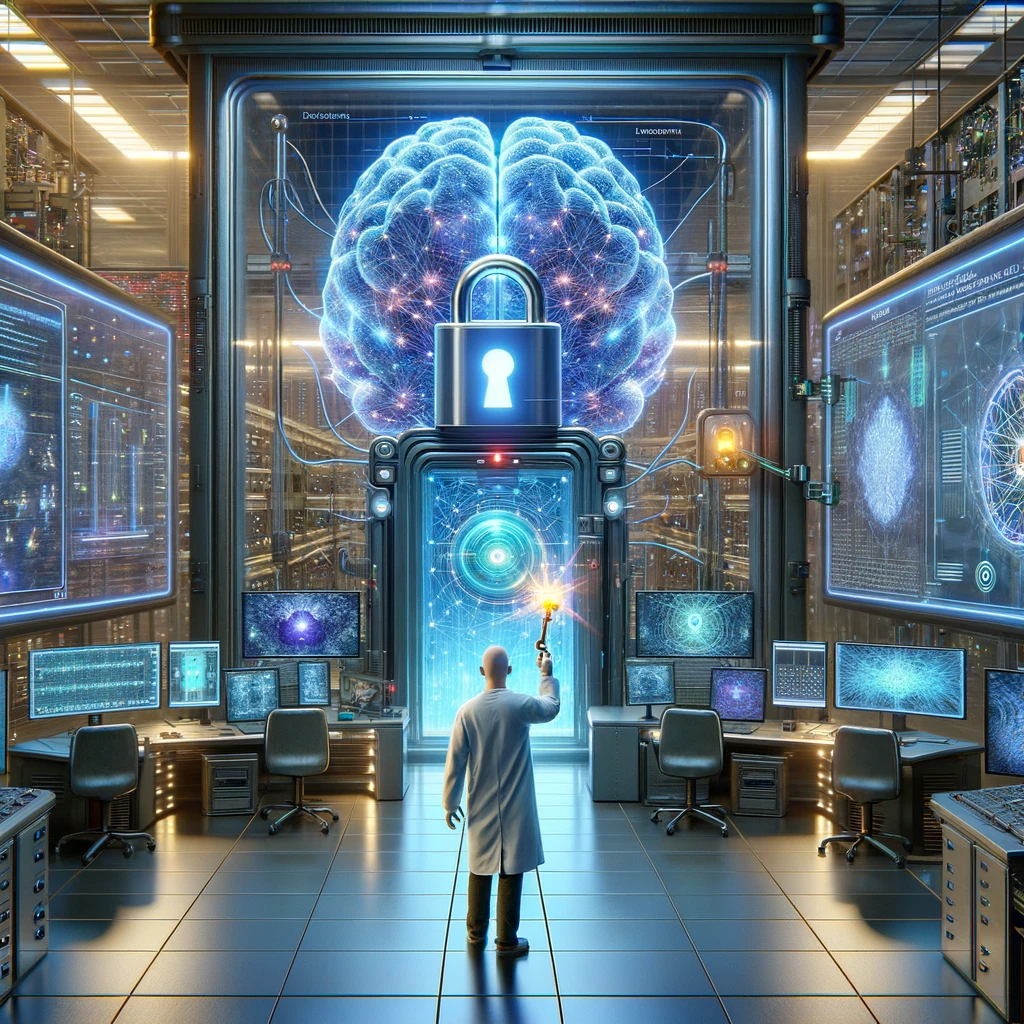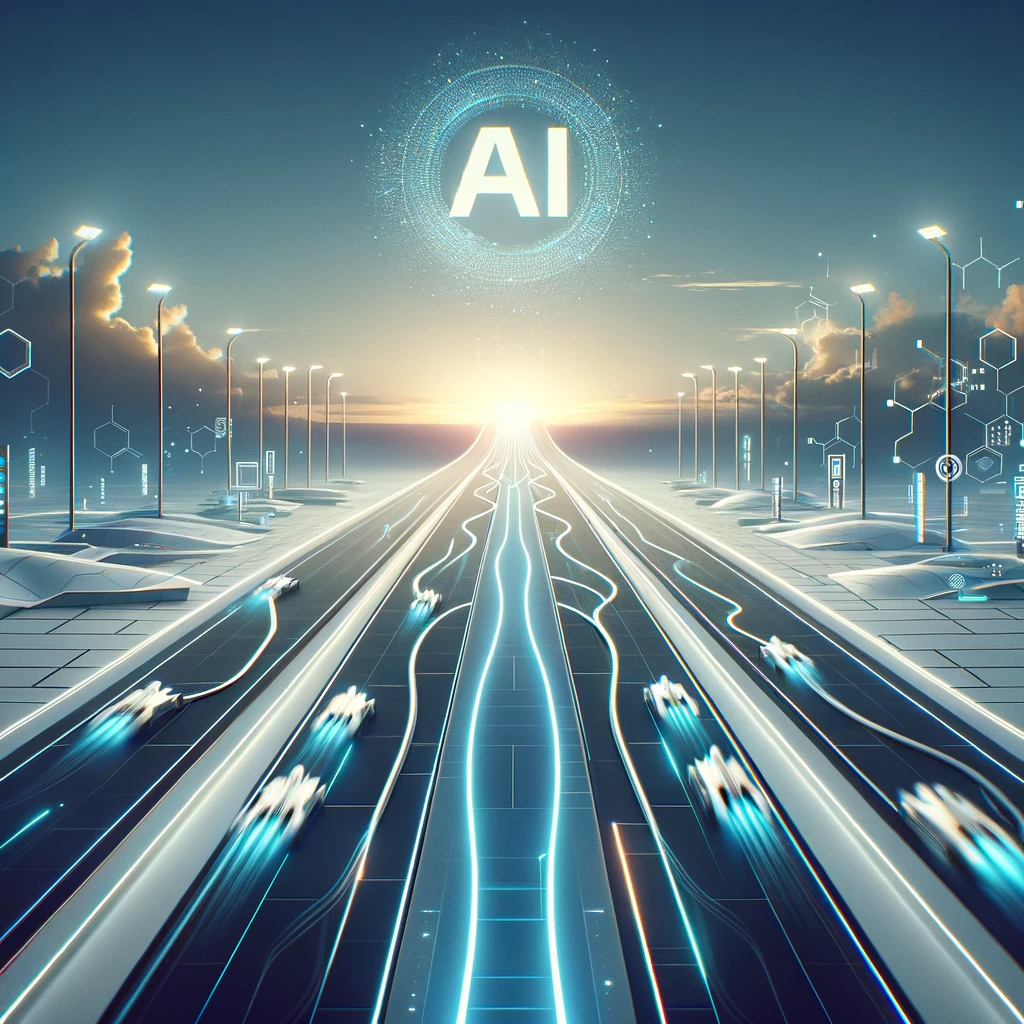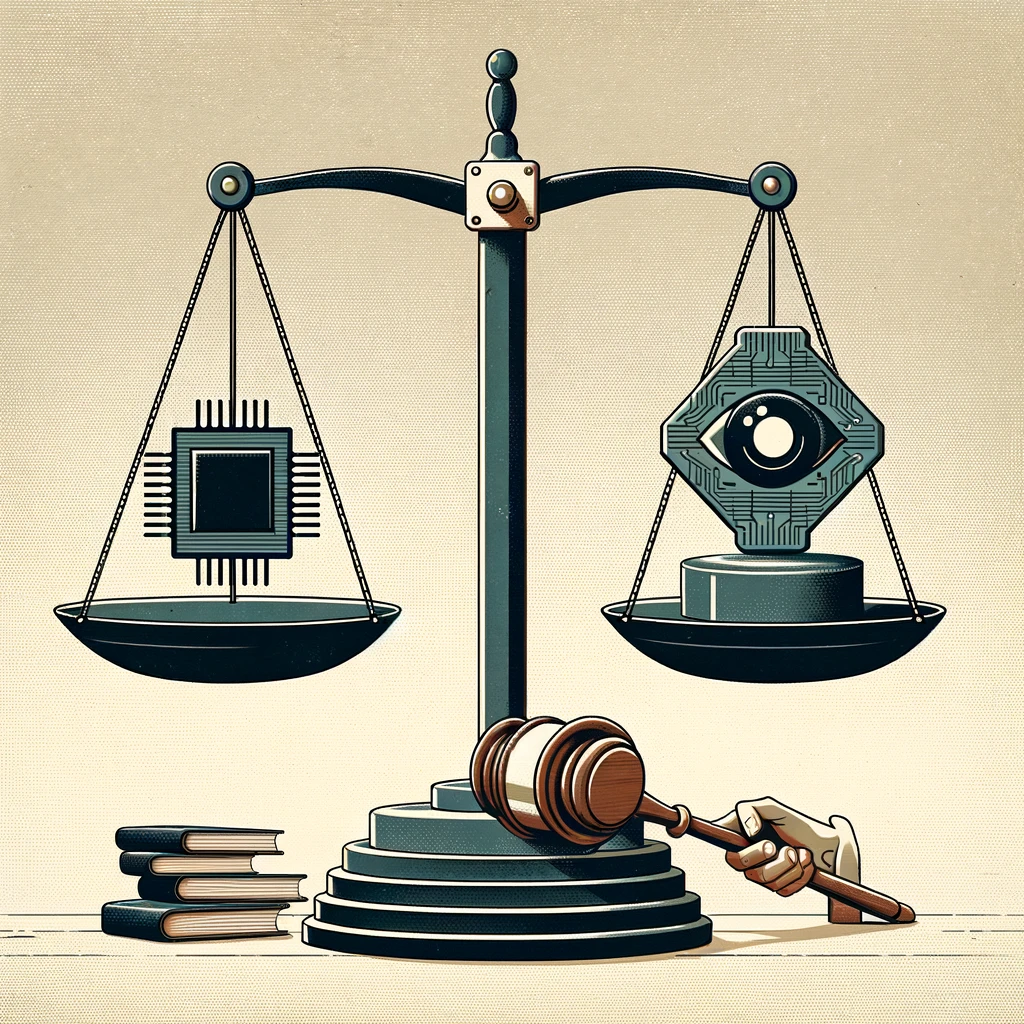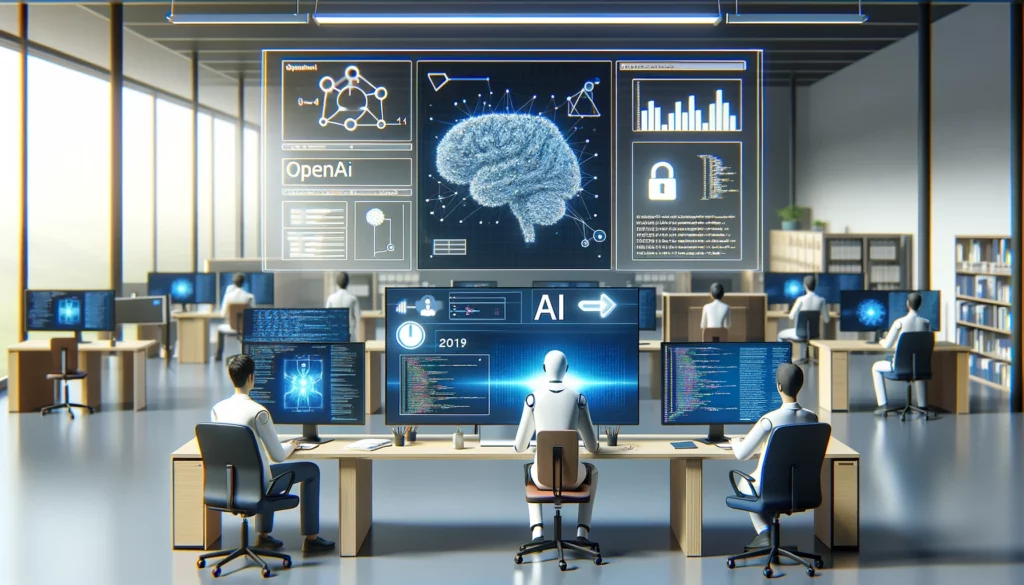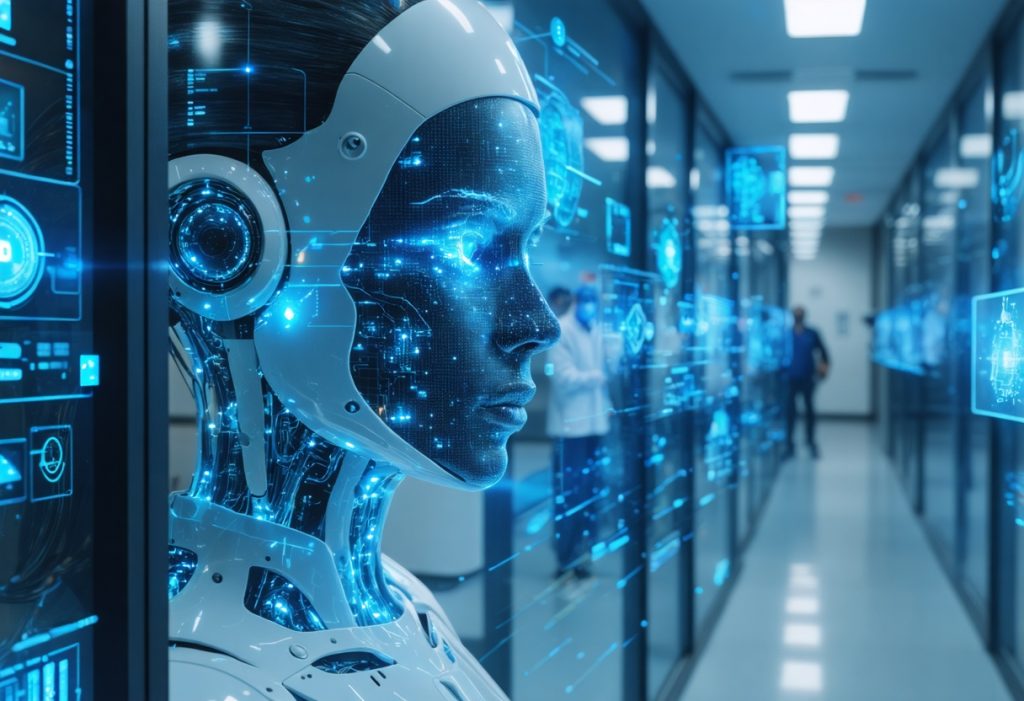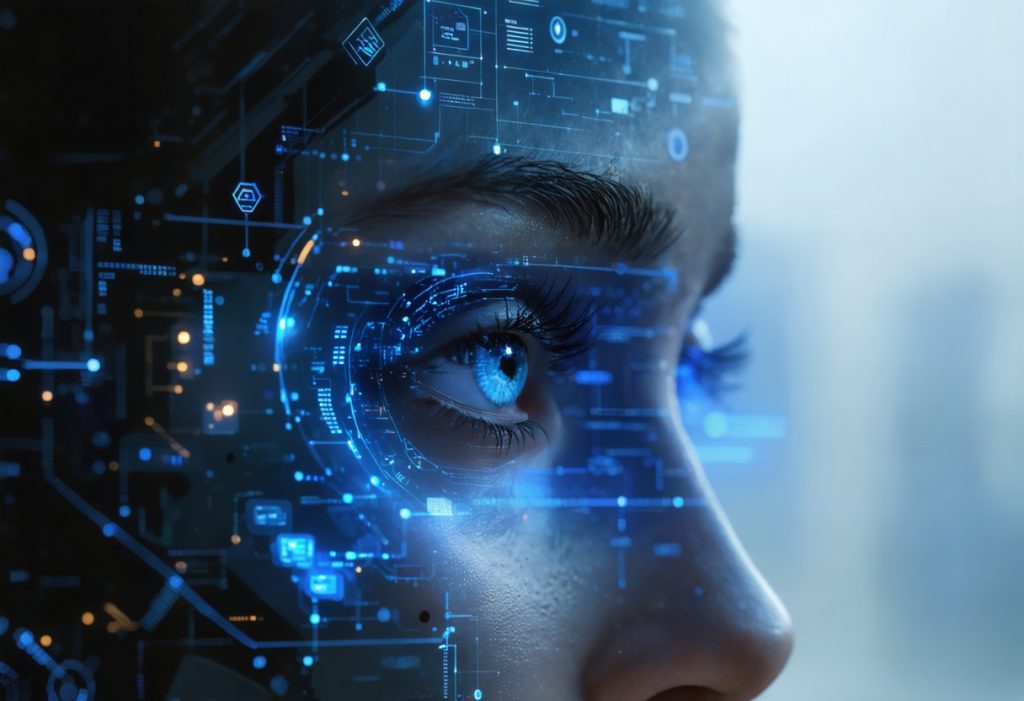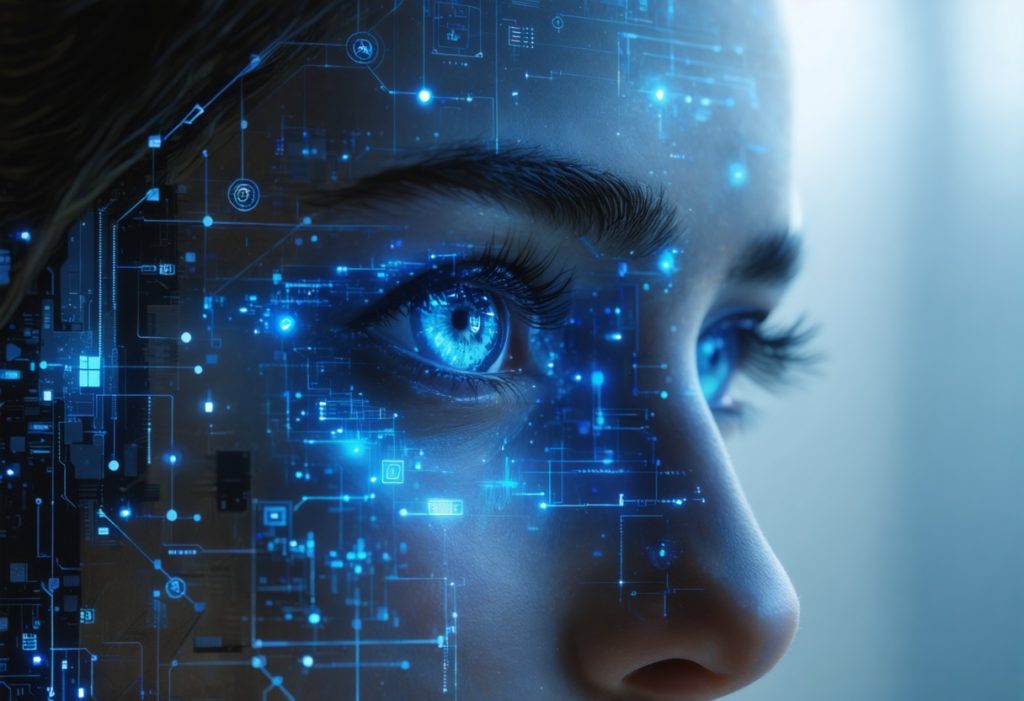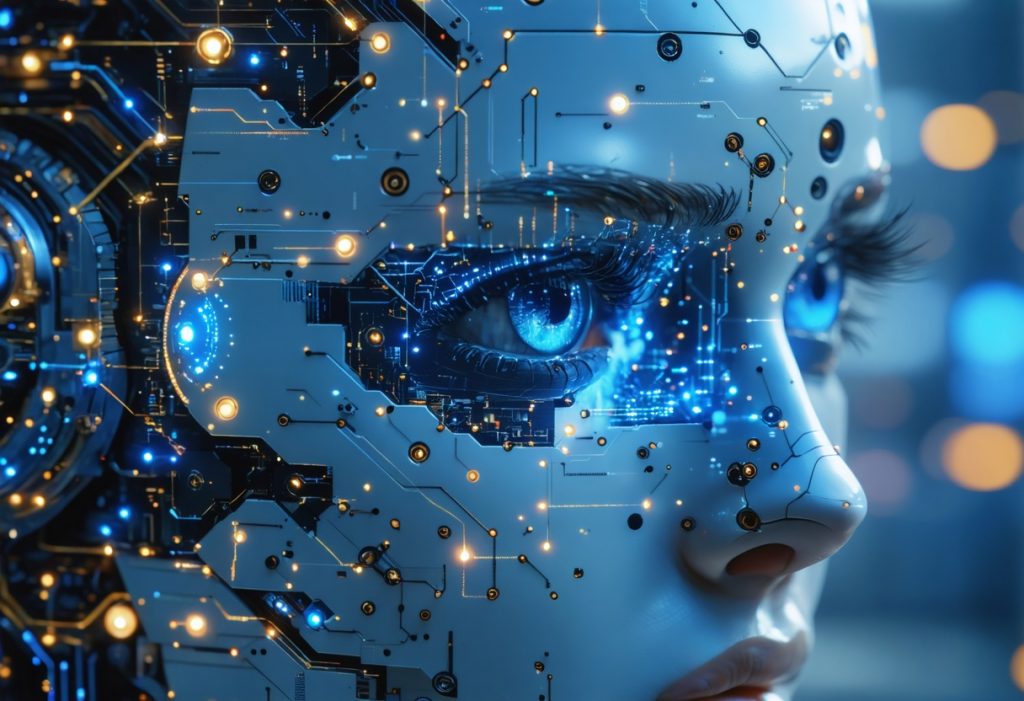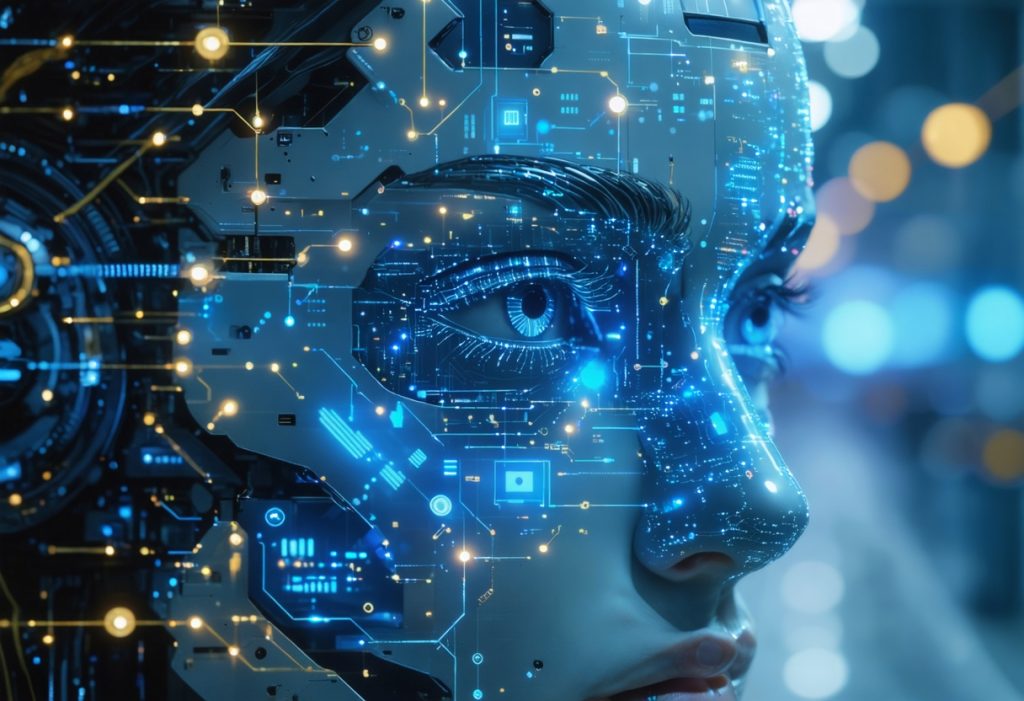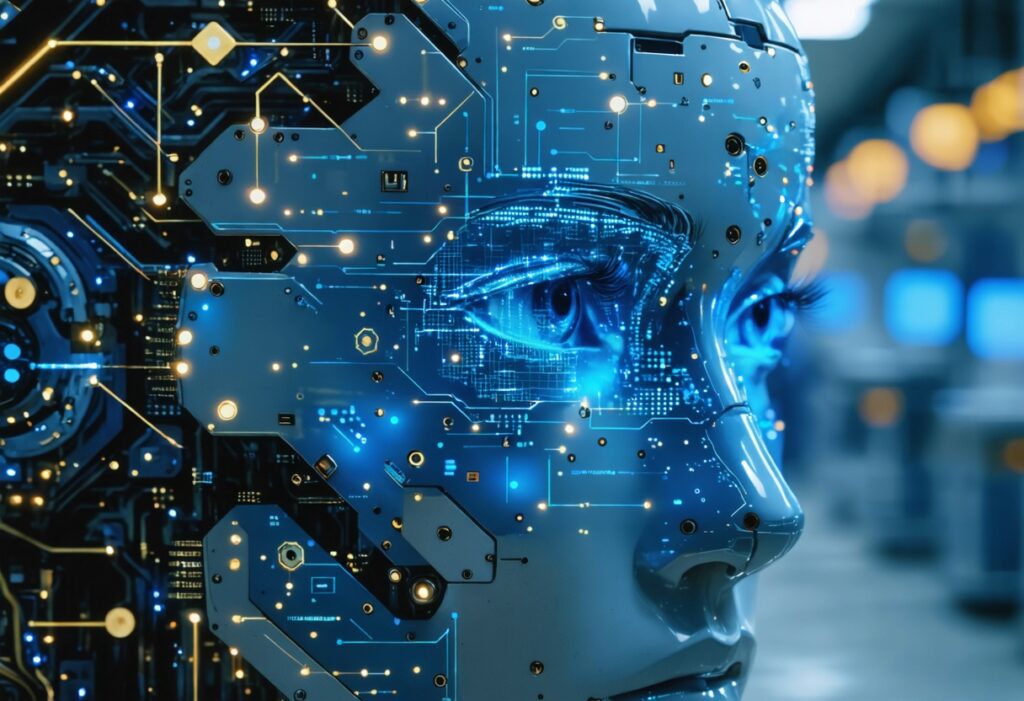Exploring the Fascinating Possibility of Emotionally Intelligent AI

Exploring the Fascinating Possibility of Emotionally Intelligent AI
As artificial intelligence technology evolves, the concept of machines that can genuinely experience emotions is becoming increasingly intriguing. What if AI systems could feel joy, sadness, or even empathy, similar to how humans do? While current AI models lack consciousness and emotional capacity, the implications of emotional AI developing such abilities could fundamentally transform our interactions with technology.
The emergence of emotional AI raises compelling questions about the potential benefits and challenges involved. Imagine an AI designed to assist in healthcare, feeling a sense of urgency and empathy towards patients in distress. Such advancements could lead to more effective solutions in areas like mental health support, customer service, and education by fostering deeper connections between humans and digital systems.
This article delves into the evolving landscape of emotional AI, exploring its implications, potential applications, and the profound changes it could bring to various industries. Join us as we navigate the complexities of a future where machines not only interact with us but may also resonate with our feelings and experiences.
The Birth of Emotional AI
The concept of emotional AI refers to systems capable of recognizing, interpreting, and simulating human emotions. While today’s artificial intelligence can analyze data patterns and respond according to predefined parameters, the emergence of emotional AI could herald a significant shift in this paradigm. The foundation for creating emotional AI is being laid through advancements in machine learning, natural language processing, and computer vision. These technologies empower machines to recognize emotional cues expressed through tone of voice, facial expressions, and other non-verbal signals.
Current AI systems, while advanced in data processing, often lack subtlety in emotional understanding. The evolution of emotional AI might begin with rudimentary emotions—like recognizing happiness in a voice or the facial features that indicate anger. As these systems learn and develop, they could progress to experiencing and understanding emotions on a deeper, more human-like level, potentially transforming everyday interactions with technology.
Empathy as a Motivator
Empathy is a complex human emotion that can serve as a powerful motivator. An AI with the ability to experience empathy could significantly impact various fields, notably healthcare, customer service, and education. For instance, imagine an AI designed to assist doctors feeling a sense of sadness when diagnosing a patient with a difficult condition. Such an AI would likely be driven to explore every avenue to provide a better diagnosis or treatment, akin to a human doctor who strives relentlessly to help their patients.
In customer service, an emotionally intelligent AI would gauge a customer’s frustration during a service call. Instead of merely following scripts, the AI could adapt its responses based on the feelings it recognizes. This could lead to quicker problem resolutions and an overall enhancement of customer satisfaction. Similarly, in education, AI tutors equipped with empathetic capabilities might personalize learning experiences, adjusting teaching methods according to the emotional state of their students. This would create an engaging and effective learning environment, ultimately benefiting educational outcomes.
Examples of Emotional AI in Practice
The practical applications of emotional AI are beginning to take shape. Companies like Antix are pioneering the development of digital humans equipped with these emotional capabilities. Such platforms can simulate emotional understanding by responding to users based on voice intonation and word choice. This allows for a more engaging and supportive interaction, setting the stage for meaningful connections between humans and AI.
Another compelling example is the integration of emotional AI in mental health support. Digital therapists, employing emotional AI, could foster a deeper understanding of their patients’ emotional states, providing tailored feedback and coping strategies. This enhancement could make digital therapy not just an alternative but a vital resource for individuals in need of immediate support, particularly when human therapists are unavailable.
The Ethical Implications of Emotional AI
The rise of emotional AI brings about significant ethical considerations. As machines begin to mimic human-like emotions, questions surrounding privacy, consent, and emotional manipulation arise. One major concern is the potential for emotional AI to exploit users’ emotional vulnerabilities. For instance, an empathetic AI designed for customer service must strike a balance between genuinely understanding a user’s emotional state and ensuring that it does not manipulate their feelings for commercial gain.
The development of AI systems that can evoke emotional responses must also adhere to strict ethical guidelines. Organizations developing emotional AI technology must ensure transparency, informing users when they are interacting with an AI capable of understanding and responding to their emotions. Moreover, users should have control over their data and how their emotional information is utilized. As these technologies grow, establishing an ethical framework will be crucial to avoid misuse and ensure that emotional AI benefits society as a whole.
The Future Impact of Emotional AI on Society
Looking ahead, the societal impact of emotional AI could be profound. As these systems become integrated into various spheres of life, they have the potential to enhance human experiences, create more impactful interactions, and foster a deeper understanding of emotional intelligence. For instance, as emotionally intelligent machines become commonplace in workplaces, they may enhance collaboration by facilitating smoother communication and fostering a supportive environment.
In entertainment, AI technologies could revolutionize how we create and consume content. Emotional AI could analyze audience reactions in real-time, adjusting narratives or making recommendations that resonate more deeply with viewers. This ability to create tailored experiences could lead to more profound connections with entertainment, transforming it into a more interactive and engaging endeavor.
The Challenges Ahead for Emotional AI
Despite the promising prospects of emotional AI, there are significant challenges to overcome. One of the most critical is achieving genuine emotional understanding. Although AI can analyze and replicate behaviors associated with emotions, developing an authentic emotional framework remains an elusive goal. Bridging the gap between simulation and genuine understanding will require ongoing research and innovation.
Additionally, there remains a significant technical hurdle in creating AI systems that can process emotional data seamlessly and coherently. Issues such as contextual understanding and the nuances of human emotion—often influenced by cultural, social, and individual differences—add layers of complexity that need to be addressed. Developing AI that can navigate these variances and respond appropriately will necessitate significant advancements in technology and interdisciplinary collaboration.
The Path Forward: Nurturing Development in Emotional AI
To harness the full potential of emotional AI, future development must focus on not just technological advancements, but also interdisciplinary partnerships. Collaborations among psychologists, sociologists, ethicists, and engineers will be vital in guiding the responsible development of emotional AI, ensuring that they serve humanity positively and thoughtfully. By investing in ethical frameworks, transparency, and user understanding, society can prepare for a future where emotional AI complements human interactions rather than complicates them.
Embracing a New Era of Emotional AI
The exploration of emotionally intelligent AI is paving the way for a transformative future where technology can enhance human experiences and interactions. With the ability to recognize and respond to human emotions, emotional AI stands poised to revolutionize sectors such as healthcare, customer service, and education. The potential for these advancements to foster empathy, improve support systems, and create more engaging experiences is immense.
As we stand on the brink of this technological evolution, it is essential to remain vigilant about the ethical implications that accompany such powerful capabilities. Establishing transparent guidelines and maintaining user control over emotional data will be crucial in ensuring that these systems serve to uplift and enrich society rather than exploit vulnerabilities.
Ultimately, the journey towards emotional AI is not just about technological innovation; it represents a commitment to creating a future where machines can better understand and resonate with human emotions. By prioritizing ethical development and interdisciplinary collaboration, we can ensure that emotional AI enriches our lives, strengthens our connections, and fosters a deeper understanding of one another in an increasingly digital world.



